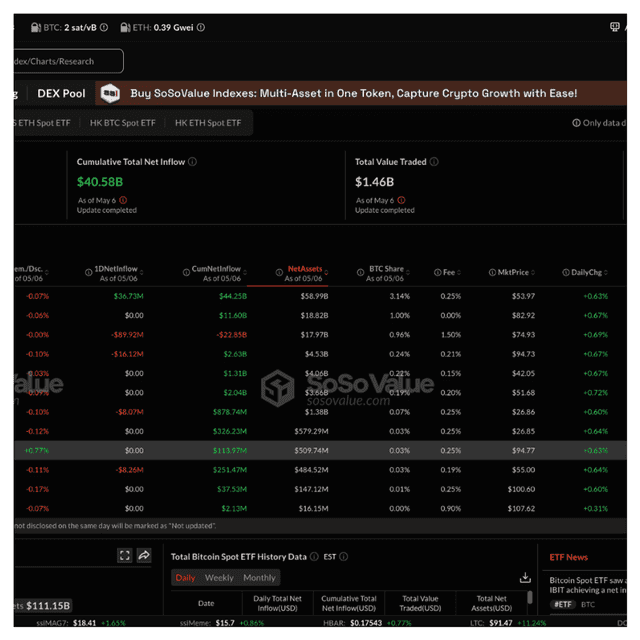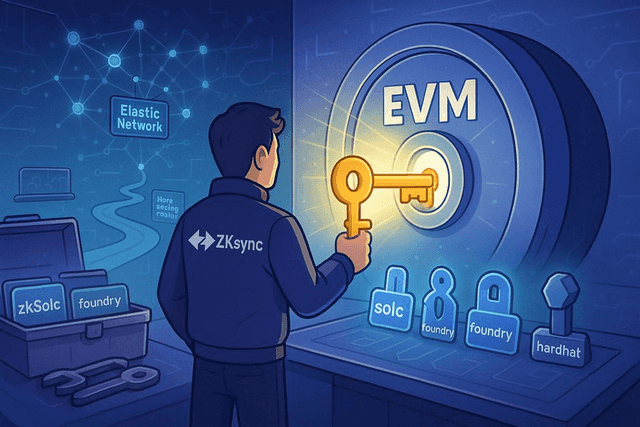2024-11-29 09:38

Image source: Unblock Media
- South Korea plans to tax virtual assets starting from 2025
- Different tax methods by countries significantly affect investors
[Unblock Media] South Korea plans to implement taxation on virtual assets (cryptocurrency) starting from 2025. The government and the ruling party are advocating for a two-year delay, but the majority party, the Democratic Party of Korea, supports the taxation. Therefore, if the tax law amendment passes as the Democratic Party claims, domestic coin investors will need to pay taxes on their annual coin investment income starting from 2026. Meanwhile, voices within the domestic cryptocurrency community are calling for market development plans to come first.
National cryptocurrency tax plans play a significant role in the development of the cryptocurrency market. The tax methods of each country, in particular, can have a big impact on cryptocurrency investors. Let's take a closer look.
In the United States, virtual assets are considered property and are subject to capital gains tax and income tax. Short-term transactions are subject to a comprehensive income tax rate of up to 37%, while long-term transactions held for more than a year are taxed at graduated rates from 0% to 20%. This can influence investors to adopt a long-term investment strategy. Additionally, hard fork and airdrop income are also taxable, with airdrop income being considered income based on market value and must be reported. This can add a tax burden based on the value of the airdropped assets received. Trades over $600 per year must be reported, ensuring strict tax management.
In the United Kingdom, capital gains tax and income tax are imposed. Capital gains exceeding £12,300 are subjected to a maximum capital gains tax rate of 20%. Mining and airdrop income are subject to income tax of up to 45%, and staking profits are taxed on a case-by-case basis. This taxation method distinguishes between capital gains tax and income tax, providing fairness by applying different tax rates based on the types of earnings received by investors.
Germany has a tax system centered on income tax, and virtual assets held for more than a year are exempt from taxes. Transactions with gains of 600 euros or less are also tax-exempt. However, short-term transactions of less than a year are subject to income tax of up to 45%, and mining income is taxed after deducting expenses. The long-term holding tax exemption benefits encourage investors to adopt long-term cryptocurrency investment strategies in Germany, fostering a stable market over short-term trading.
On the other hand, Japan classifies virtual assets as miscellaneous income and imposes income tax with a maximum rate of 45%. Profits under 200,000 yen are exempt, and transfers between wallets are tax-exempt. Japan's tax method is praised for providing exemption benefits to small-scale investors, offering fairness among individual investors who prefer small-scale investments.
Singapore and Taiwan provide favorable environments for cryptocurrency investors by exempting small-scale investments and capital gains tax, respectively. El Salvador exempts capital gains and income tax to attract cryptocurrency entrepreneurs and investors.
The tax policies of each country send various messages to investors and closely interact with the development strategies of the cryptocurrency industry. In South Korea, in-depth discussions reflecting global trends are also necessary.
Get real-time crypto breaking news on Unblock Media Telegram! (Click)
Get the latest news in your inbox!





